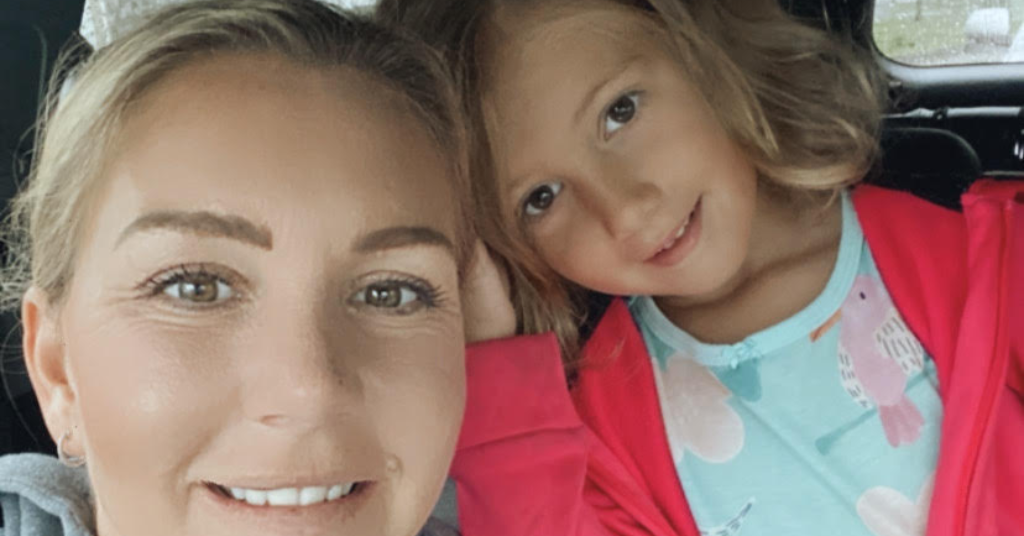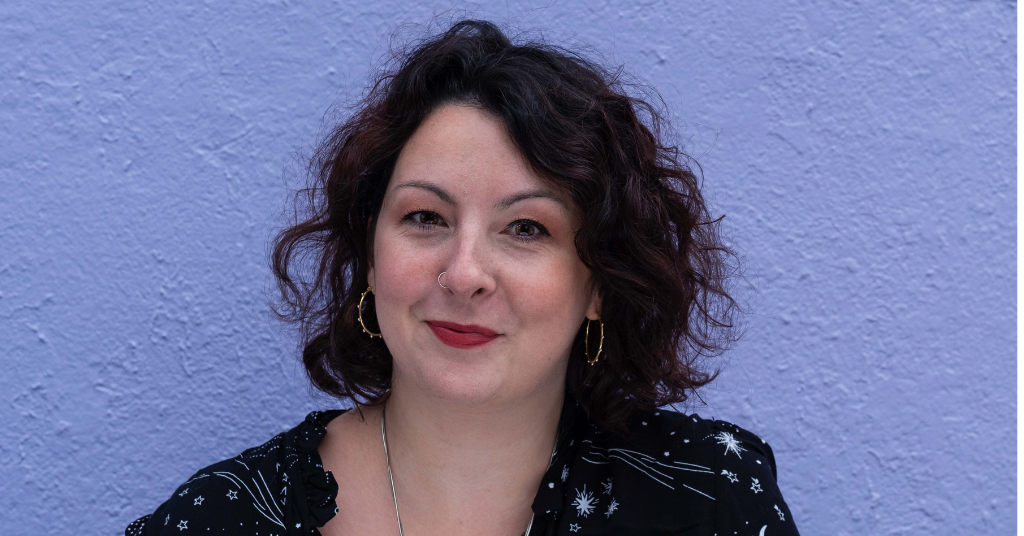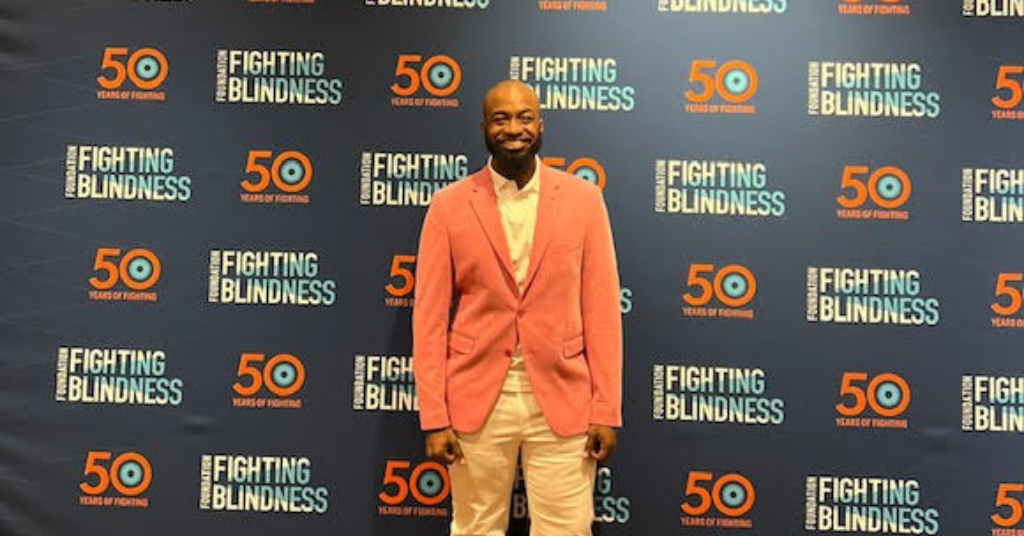
Deaf singer wows on ‘America’s Got Talent’
June 7, 2017
5 Common Hearing Aid Challenges for Kids and How to Solve Them
June 9, 2017Facebook gets deaf-friendly with auto captions

Automatic closed captions are coming to Facebook Live videos, according to the social media network, bringing more accessibility to its deaf and hard-of-hearing users.
Facebook already has automatic captions on regular video and advertisements, and will now include live broadcasts on videos in News Feeds.
While the action is a win for accessibility, many deaf and hard of hearing people note the inaccuracy that comes with auto-generated captions.
“As a profoundly deaf teenager, I want to be like my fellow peers who watch YouTube, but I can’t always because there aren’t proper captions,” says Ellie Parfitt, a HearingLikeMe.com blogger. “Auto-generated captions are often wrong, providing confusing transcripts, which is frustrating for those of us who rely on written word or lip-reading to fully understand speech.”
“Auto-generated captions are often wrong, providing confusing transcripts, which is frustrating for those of us who rely on written word or lip-reading to fully understand speech.”
Facebook isn’t the first to introduce automatic captions. YouTube released their automatic captioning feature for videos using voice recognition algorithm in 2009. Since then, the video platform claims a 50% improvement of accuracy in captions, by improving speech recognition and machine-learning algorithms, and expanding its training data, according to Variety.com.
YouTube also allows users to upload their own captions, as well as fan-contributed captions and subtitles.
Deaf YouTuber Rikki Poynter has been advocating for accurate captions on social videos with her #NoMoreCraptions awareness campaign.
“Closed captioning is important for multiple people: d/Deaf/HOH people, people with auditory processing disorder, people who are learning [a language, or aren’t a native language speaker] and can’t understand the audio portion of a video 100%,” she told HearingLikeMe.com in September. “It’s important because it’s information, and we need to be able to understand and process it properly.”
Read more: Deaf YouTuber begins campaign for better captions #NoMoreCraptions
Similar to YouTube’s structure, broadcasters can either use third-party captioning companies to produce closed captions on Facebook Live videos or use their own captioning technology, according to Mashable.com.



